Issue:
June 2023 | Survey
FCCY pay survey upbeat on career prospects, pessimistic about industry’s future
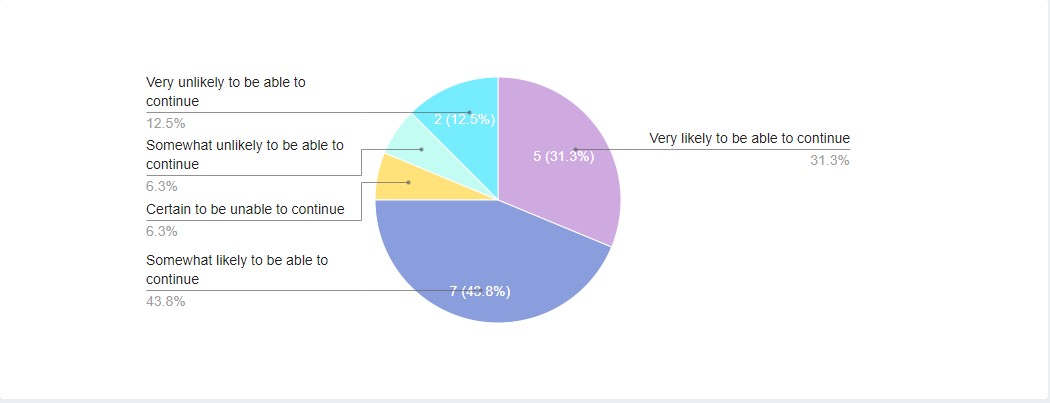
The data are in. And they suggest that while journalists are optimistic about their own prospects, they are widely negative about those of the industry.
More than half of the respondents in the first annual FCCJ pay survey expect their pay to remain stable over the next three years. A third expect an increase, and only 14% foresee a decline.
That makes some sense. Foreign correspondents and adjacent journalists are specialists. All have local language skills, according to the survey results, and many have been covering Japan for a long time. That’s probably why pay is above home-country averages.
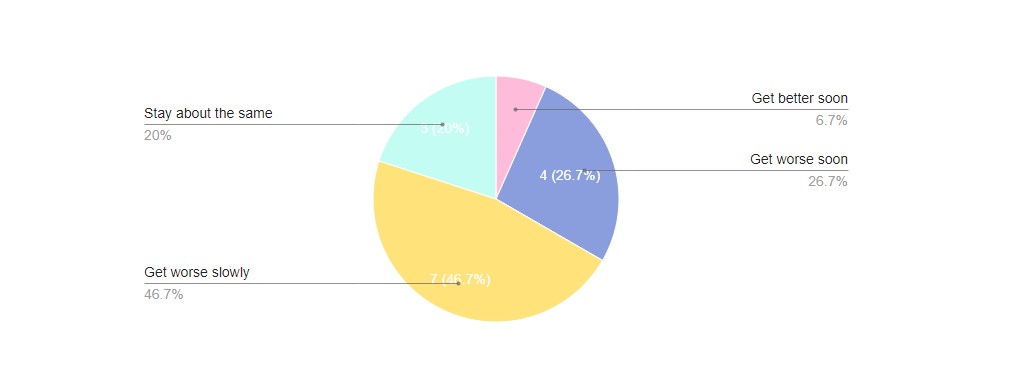
Better than average
Annual pay averaged ¥8.96 million, when the single highest and lowest results were excluded to make the result more representative. That’s 17% higher than the $54,000 (¥7.2 million) average for all U.S. journalists based on figures from the U.S. Bureau of Labor Statistics, Glassdoor.com and Talent.com. The U.K. journalist average was 28,800 pounds (¥4.8 million) at Talent.com and 38,500 pounds (¥6.6 million) at Glassdoor.com.
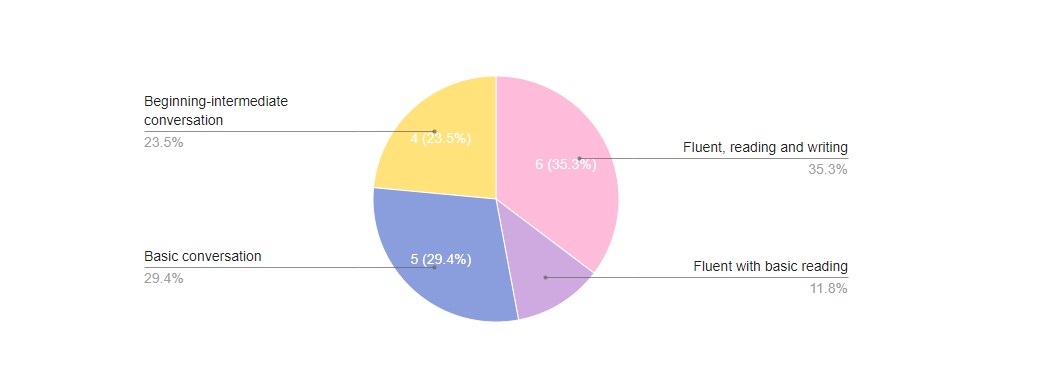
Unsurprisingly, respondents with higher local-language skills are making more money, on average. But the curve is gentle. Respondents fluent in Japanese reading and writing averaged about ¥10.50 million in annual pay, only 6% more than the ¥9.83 million average among those at the beginning-intermediate conversation level. Those who are fluent with basic reading skills averaged ¥9.55 million.
Fears for industry
While journalists tipped toward optimistic on the outlook for their own pay, they were almost uniformly pessimistic about the industry’s future.
This may reflect survivor bias. The vast majority of respondents were industry veterans. There’s a good chance they have seen better days for the business of journalism and have pressed on through the down and up cycles. Exactly 80% of respondents said they had worked in the industry for at least 20 years, with another 10% at between six and 10 years, with just 10% at five years or less.
There is also a contrast between the pessimistic industry outlook and satisfaction levels.
Almost three-quarters of respondents said they were satisfied with their current pay levels and almost 80% said they were not considering changing careers to make more money.
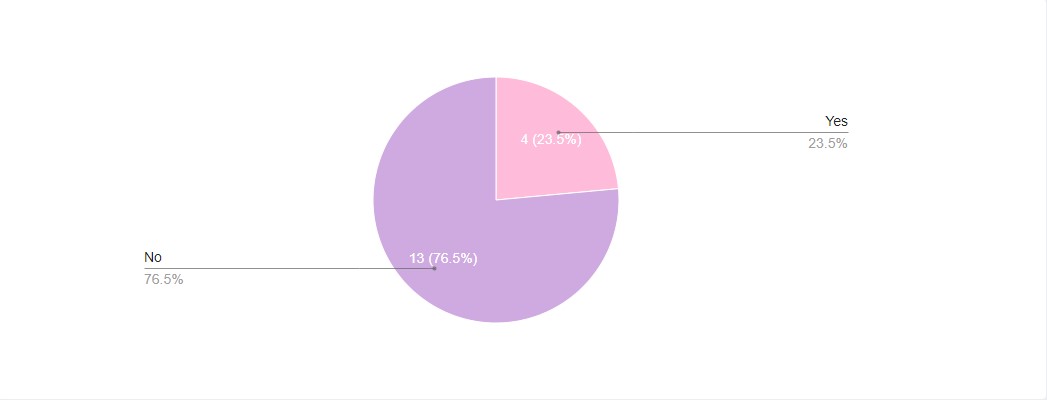
Comments were almost universally negative with regard to their journalism career prospects. One foresaw a collapse on the business side, save for exceptions such as organizations that receive public funding, or online newsletter subscription models.
“It's hard to see a way for mainstream journalism to continue as a commercial enterprise. Publicly supported companies and/or niche businesses like Substack may be the only players left standing,” one respondent said.
There was some cheer, although it was framed somewhat darkly: "I’m glad retirement is imminent.”

Fair for some
The foreign press corps was divided over whether their pay had been decided fairly. About 53% said it had not, while 47% said it had. Interestingly, men and women were divided equally over the question. A difference was seen among respondents who answered the gender question as “not relevant” – all said their pay had been decided unfairly.
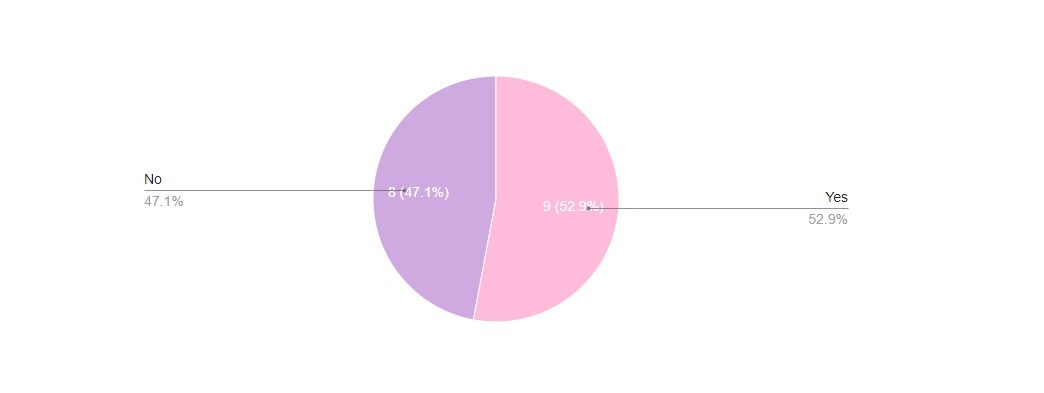
Without straining to find hopeful notes in these results, we can still look more closely at the fairly consistent contrast between negative industry forecasts and the relative optimism individual members feel toward their own careers.
Sense of mission
While almost 70% of respondents said that they would or probably would recommend journalism as a career, only a third said they would do so for someone who needs to support a family on their salary.
One respondent said: “I view journalism as a dying industry, and a poor career choice.’’
Amid the gloom, the picture that emerges is one of survivors who have succeeded in earning above-average pay, but know too many who have not. Another conclusion we might draw is that whatever pay levels are, journalists are not only in it for the money.
As one respondent put it: “I knowingly choose low pay because I value the freedom and sense of mission of journalism, so I have only myself to blame!’’
Notes on methods:
Results from the first annual FCCJ salary survey are indicative only. The number of respondents was relatively small – about 10% of regular members. Moreover, as an opt-in voluntary survey, it is non-representative and subject to selection bias. Nevertheless, it is important to conduct and publish the survey to begin establishing baselines on pay and outlook. As data accumulates over time, it will of course gain relevance and allow us to identify trends and forecast with greater confidence.
For pay averages, results stated in U.S. dollars or British pounds were converted at May 24 exchange rates. More than half of respondents quoted their salary in yen, with about 42% citing it in dollars and 6% in pounds.
Dave McCombs is a rewriter at NHK World and founder of Julio Platforms, a startup that provides student news media programs. He is a director-at-large on the FCCJ board of directors.

